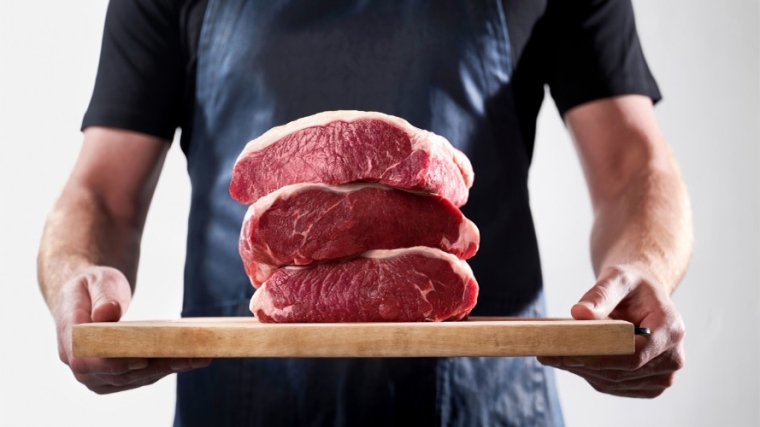
The value of New Zealand red meat exports fell by 11% last year.
This was due mainly to lower prices and stiff competition, since volumes were higher.
The information comes from the Meat Industry Association (MIA), which says exports in 2023 were worth $10.2 billion , down from the previous record year for both beef and sheep meat.
"The drop was mainly due to tough economic conditions and inflationary pressures in many of our key markets," says the chief executive of the MIA, Sirma Karapeeva.
"Consumers around the world still want to buy red meat, but they are not paying as much for it."
Karapeeva says increased supply from other exporters, including Australia, also had an impact.
China remained the largest market but export values fell 16% to $3.6 billion.
Export values also fell to Japan by 31%, to the UK by 22% and to the Netherlands by 4%. However, export values to the United States rose 8%, largely due to increased demand for beef.
"New Zealand’s red meat sector has a diverse export market strategy and this has helped mitigate the impact of the weakening demand and pricing in any one single market,” says Karapeeva.
“With red meat sales declining in China, companies have other options and are making sound commercial decisions."
The MIA says one reason for the downturn was Australian sheep meat gained a competitive boost by coming off China's tariff table, while good growing conditions and flock rebuilding boosted quantities in Australia.
Regarding sheep meat sales, China remained the largest market, followed by the UK and US.
Regarding beef, volumes increased by 7% but values fell 9%, reflecting difficult economic conditions, particularly in North Asia, the MIA says.
There was a significant recovery of beef exports to the US. Drought conditions that led to high US domestic production during 2022 eased in some regions and New Zealand and Australia both benefited from the increased demand.
Beef exports to other major North Asian markets all declined, largely due to inflation and cost-of-living pressures, with Japan down 34%, Taiwan 6% and Korea 40%.

We welcome your comments below. If you are not already registered, please register to comment
Remember we welcome robust, respectful and insightful debate. We don't welcome abusive or defamatory comments and will de-register those repeatedly making such comments. Our current comment policy is here.